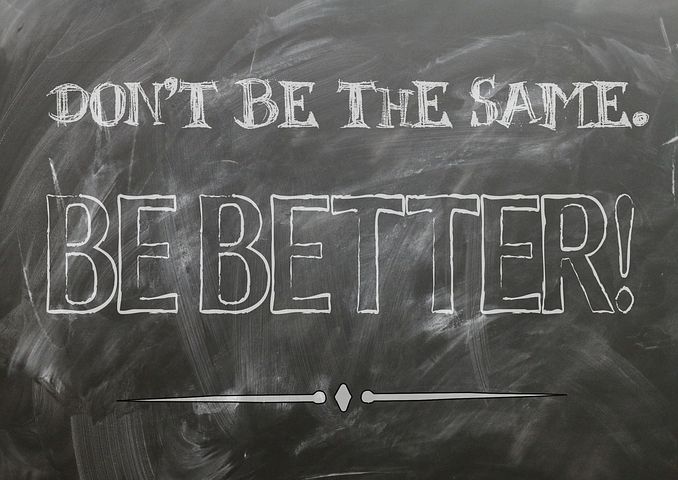How to Create Realistic Expectations for Customers – Part 2
Last week we discussed the importance of communication to creating realistic expectations for customers. This week we will look at three  more things that need to be addressed to provide customers with a WOW rather than a woops experience.
more things that need to be addressed to provide customers with a WOW rather than a woops experience.
• Everything takes longer than you think
There’s a lot of information out there about this. It is a very common problem. The planning fallacy gives some explanation, but I think it is more than this. I think many of us have a desire to help others and in an effort to fulfill expectations we over promise, which leads to under delivery. Especially when doing a construction project with all the pieces that have to fit together. Many of these things are out of my control which makes planning and scheduling more difficult. In an article by Emily Guy Birken she tells of a contractor friend who has come up with “a formula for figuring out a more realistic time frame: Double the number and go to the next unit of time for your estimate. For instance, if you believe your kitchen renovation will take two weeks, according to my friend, it will actually take four months.” This seems a little extreme, but I know everything takes longer than expected.

Solution – There are formulas and systems for determining an accurate amount of time needed to do the work. It will take some experimenting to get a realistic projection for the time to do a project. (Even if it is as extreme as the example above.) Be open and honest with yourself and your customer. It would be better to tell them the longer time in the beginning. This goes for the designing and pricing stages as well. Remember that most generally customers aren’t as familiar with the construction process as contractors, and this makes the realistic time gap even wider.
• Saying yes to too many things
There are so many things that I want to do. So many great wonderful important things. With all these things drawing us to them with overpowering magnetic force we get stuck and can’t move fast enough or far enough to get away from the pull. Mistake #2 of Michael Hyatt’s blog post “The 10 Biggest Mistakes People Make in Setting Goals” is creating too many goals. He quotes the old Chinese proverb, “Man who chases two rabbits catches neither”. I think chasing too many rabbits is what causes us to us to get lost on rabbit trails.
Solution – This solution is simple…say NO. This will be the hardest one to do. Those of us that want to help others struggle with this a lot.  In 2014 we did the “Best Yes” study by Lysa Terkhurst at church. She said “Whenever you say yes to something, there is less of you for something else. Make sure your yes is worth the less.” We have to find our specific purpose. Then we have to focus on that. We have to be honest with ourselves so that we can create realistic expectations for customers.
In 2014 we did the “Best Yes” study by Lysa Terkhurst at church. She said “Whenever you say yes to something, there is less of you for something else. Make sure your yes is worth the less.” We have to find our specific purpose. Then we have to focus on that. We have to be honest with ourselves so that we can create realistic expectations for customers.
• Details are worth the wait

Another thing that takes time is craftsmanship. I’ve heard people use the saying, “we’re not building a piano” when trying to move a project forward faster. This may have been true, but I believe we should give the same level of intentional care to building someone’s dream as to building a piano. People have different levels of expected quality. Being a recovering perfectionist, I ‘m going to naturally move toward that. Others may not be expecting that level of quality.
Solution – Each customer’s expectations need to be determined early in the process so that the length of time can be determined and communicated. This is one of the hardest to determine. Often, they don’t even know what makes one thing quality and another not. It takes time to build a piano or a dream and we need to help them determine what quality of dream they want to build.
It’s hard to tell people things they don’t want to hear. That a project is going to take longer than they expected is one of those things. Communicate with them. Be honest about the time needed. Say NO if it doesn’t fit your purpose. Quality takes time.
If we aren’t honest with ourselves and others then we are creating unrealistic expectations for everyone involved.
Feel free to share examples of unrealistic expectations in the comments below.

